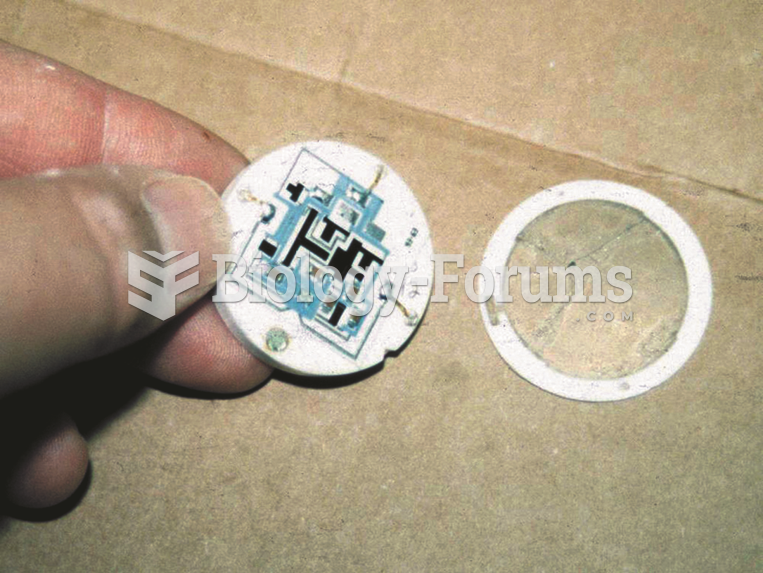|
|
|
There are more bacteria in your mouth than there are people in the world.
Medications that are definitely not safe to take when breastfeeding include radioactive drugs, antimetabolites, some cancer (chemotherapy) agents, bromocriptine, ergotamine, methotrexate, and cyclosporine.
After a vasectomy, it takes about 12 ejaculations to clear out sperm that were already beyond the blocked area.
Human kidneys will clean about 1 million gallons of blood in an average lifetime.
Asthma-like symptoms were first recorded about 3,500 years ago in Egypt. The first manuscript specifically written about asthma was in the year 1190, describing a condition characterized by sudden breathlessness. The treatments listed in this manuscript include chicken soup, herbs, and sexual abstinence.
 The urinary system: kidneys, ureters, bladder, and urethra with expanded view of a nephron and the u
The urinary system: kidneys, ureters, bladder, and urethra with expanded view of a nephron and the u
 Comparison of Principles of Abstinence-Only and Comprehensive Sex Education in the Public School Sys
Comparison of Principles of Abstinence-Only and Comprehensive Sex Education in the Public School Sys





